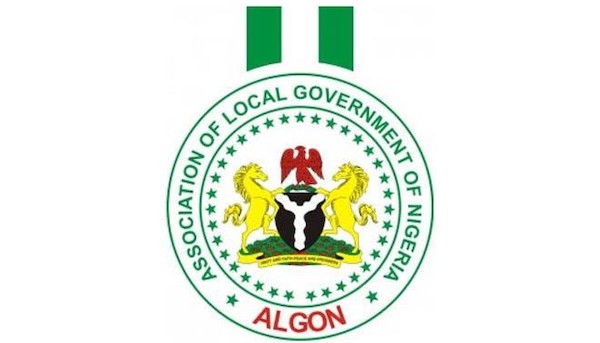News
ALGON kicks against N62,000 minimum wage, says LGs cannot afford it

The proposed increase in the minimum wage to N62,000 may witness another round of crisis as the Association of Local Governments of Nigeria (ALGON), on Thursday, expressed concerns about their ability to meet this new threshold.
ALGON’s National President, Aminu Muazu-Maifata, noted that many of the country’s 774 local governments (LGs) are already struggling to pay the current minimum wage of N30,000.
Muazu-Maifata, who said this during an interview on ChannelsTV, explained that LGs primarily rely on allocations from the Federation Account, and their share currently sits at around 18%, while the federal government receives over 52%.
“With the present allocation from FAAC, no local government council anywhere in Nigeria can be able to pay N62,000,” the ALGON president said.
“Presently, 90% of our inflow from the Federation Account goes into salaries and pensions. Without an upward review of the percentage of allocation to local government councils, it will be extremely difficult or even impossible for them to pay N62,000 minimum wage.
“The 774 local government councils received slightly above 18 per cent of the total FAAC of the federation, while the federal government received above 52 percent.
Read Also: Senate explains low passage rate of bills
“Some councils could not even afford the N30,000 and are still working on the N18,000. Whatever is coming from FAAC presently, 90 percent goes into salaries and pensions.
“This tells us that without adjustment and an upward review of the percentage of the allocation coming to local councils, it will be extremely difficult or impossible for local government councils to pay N62,000.”
Muazu-Maifata further claimed that with this limited budget, over 90% of an LG’s income goes towards salaries and pensions, adding that implementing the proposed N62,000 minimum wage would require a significant increase in their allocation or force them to cut essential services.
“We will have to run to our principals, the governors, and the Federal Government to augment whatever will be accrued to local government councils from the Federation Account,” he further stated.
This statement raises questions about the feasibility of the proposed minimum wage increase. While the move aims to improve the lives of Nigerian workers, the financial constraints faced by local governments could pose a challenge. Further negotiations and potential adjustments to funding allocation might be necessary to ensure a workable solution for all parties involved.
Join the conversation
Support Ripples Nigeria, hold up solutions journalism
Balanced, fearless journalism driven by data comes at huge financial costs.
As a media platform, we hold leadership accountable and will not trade the right to press freedom and free speech for a piece of cake.
If you like what we do, and are ready to uphold solutions journalism, kindly donate to the Ripples Nigeria cause.
Your support would help to ensure that citizens and institutions continue to have free access to credible and reliable information for societal development.




























